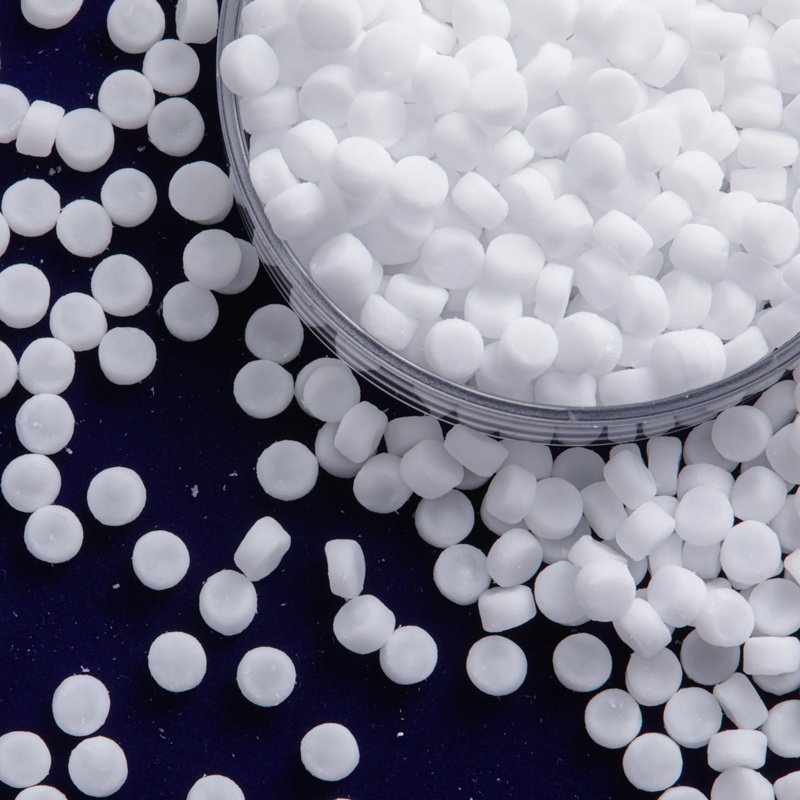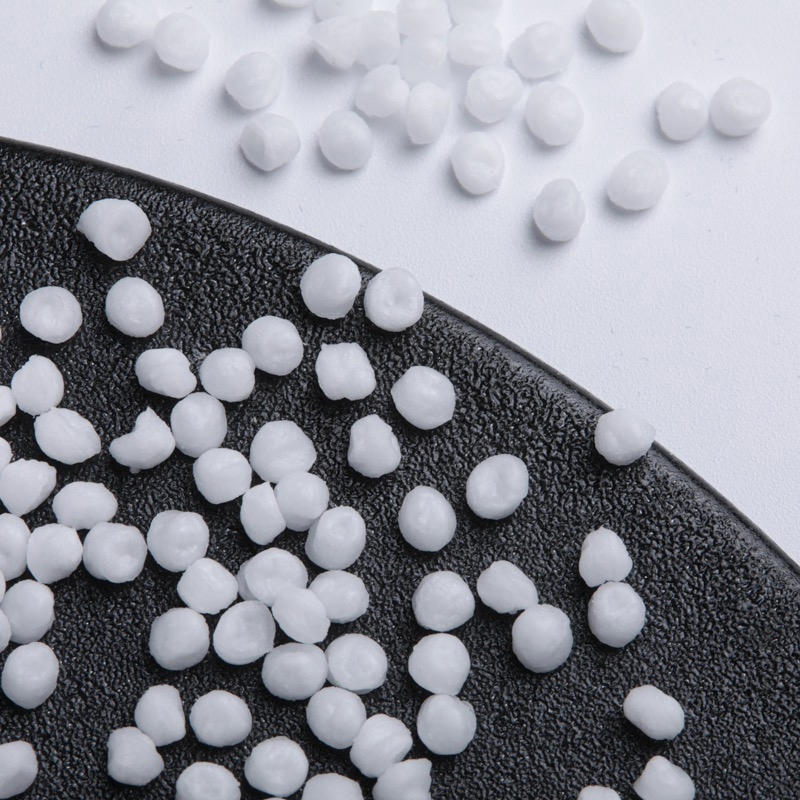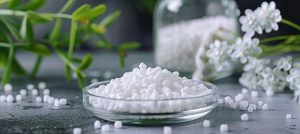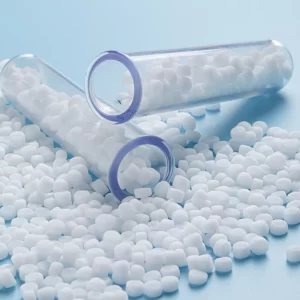1. Small molecule polymer additives
Small molecule additives and polymer additives play different roles in plastic processing, mainly due to their molecular weight and mechanism of action.
Small molecule additives usually refer to compounds with lower molecular weight that can easily penetrate between polymer chains, improving the processing performance of polymers, such as increasing fluidity or reducing melt viscosity.
This type of additive may include certain lubricants, antioxidants, and certain types of plasticizers. Due to their small size, they are prone to migration or volatilization, which may affect the long-term stability of the product.
1. * * Improve processing performance * *: Small molecule additives can reduce the viscosity of polymer melts, increase their flowability, and make polymers easier to form during processing.
2. * * Reduce melt viscosity * *: During heating and processing, small molecule additives can reduce friction between polymer molecules, thereby reducing the viscosity of the melt.
3. Lubrication Function: Some small molecule additives such as lubricants can reduce friction between polymers and processing equipment, prevent materials from adhering to equipment, improve production efficiency, and reduce equipment wear.
4. * * Thermal stability * *: Antioxidants, as small molecule additives, can prevent polymers from undergoing oxidative degradation due to heat or light during processing or use.
5. Plasticizing effect: Some types of plasticizers are also small molecule additives that can increase the softness and flexibility of polymers, but may affect their heat and chemical resistance.
6. * * Potential issues * *: Due to the small size of small molecule additives, they may migrate out of the polymer matrix or evaporate under certain conditions, which may affect the long-term stability and performance of the product.
7. * * Application Limitations * *: When selecting small molecule additives, it is necessary to consider their compatibility with polymers and possible migration issues, especially in applications that require specific hygiene or safety standards to be met.8. * * Environmental factors * *: The use of small molecule additives also needs to consider their potential impact on the environment, such as the possibility of being released into the environment during plastic recycling and processing.
2. High molecule polymer additives
Polymer additives refer to polymers with higher molecular weight, and their role in plastic processing may include improving the mechanical properties, heat resistance, and chemical resistance of materials. For example, certain polymer additives can be used as impact modifiers, which can be physically or chemically combined with the matrix resin to improve the toughness and impact resistance of the material. Polymer additives, due to their large molecular size, are not easy to migrate or evaporate, which helps to improve the long-term stability of products.
1. * * Improve mechanical properties * *: Polymer additives can enhance the mechanical properties of plastics, such as tensile strength, bending strength, and impact strength.
2. * * Improving heat resistance * *: Polymer additives can increase the thermal deformation temperature of plastics, allowing them to maintain structural stability at higher temperatures.
3. * * Enhance chemical resistance * *: Polymer additives can improve the resistance of plastics to chemicals and reduce the impact of environmental factors on material properties.
4. Impact Modification: As an impact modifier, polymer additives can bond with the matrix resin through physical or chemical reactions, reducing the brittle fracture of materials under impact.
5. * * Reduce stress cracking * *: Polymer additives help reduce the tendency of plastic products to crack under stress.
6. Processing Stability: Due to the large molecules of polymer additives, their dispersion stability in plastics is good, and they are not easy to migrate or evaporate, which helps to maintain stability during the processing.
7. * * Long term stability * *: The use of polymer additives helps to improve the long-term stability of plastic products and reduce performance degradation over time.
8. Environmental Stress Cracking (ESC) Resistance: Certain polymer additives can enhance the resistance of plastics to environmental stress cracking.
9. * * Multifunctionality * *: Some polymer additives may have multiple functions at the same time, such as both processing modification and improving certain performance characteristics of the material.
10. Environmental Impact: Although the migration and volatilization risks of polymer additives are low, their potential impact on the environment should still be considered when selecting and using them, especially in the recycling and processing of plastics.
The selection and use of polymer additives need to be determined based on the specific plastic material and expected application performance to ensure that the final product meets performance requirements and safety standards.
3. Силиконовая маточная смесь high molecular additives.
Silicone masterbatch is a special polymer additive that uses thermoplastic as a carrier and organic polysiloxane as an active ingredient. Silicone masterbatch can improve the flowability of thermoplastic resins in a molten state, enhance the dispersion of fillers, reduce energy consumption, and increase production efficiency. In addition, it can improve the surface smoothness of plastic products, reduce the surface friction coefficient, and enhance wear and scratch resistance. The characteristics of silicone masterbatch are easy dispersion, no migration, and due to its polymer properties, it has good stability and non migration. Silicone masterbatch is widely used in various fields such as wires and cables, automotive interiors, shoe materials, etc., which can improve the processing performance and surface properties of products.





